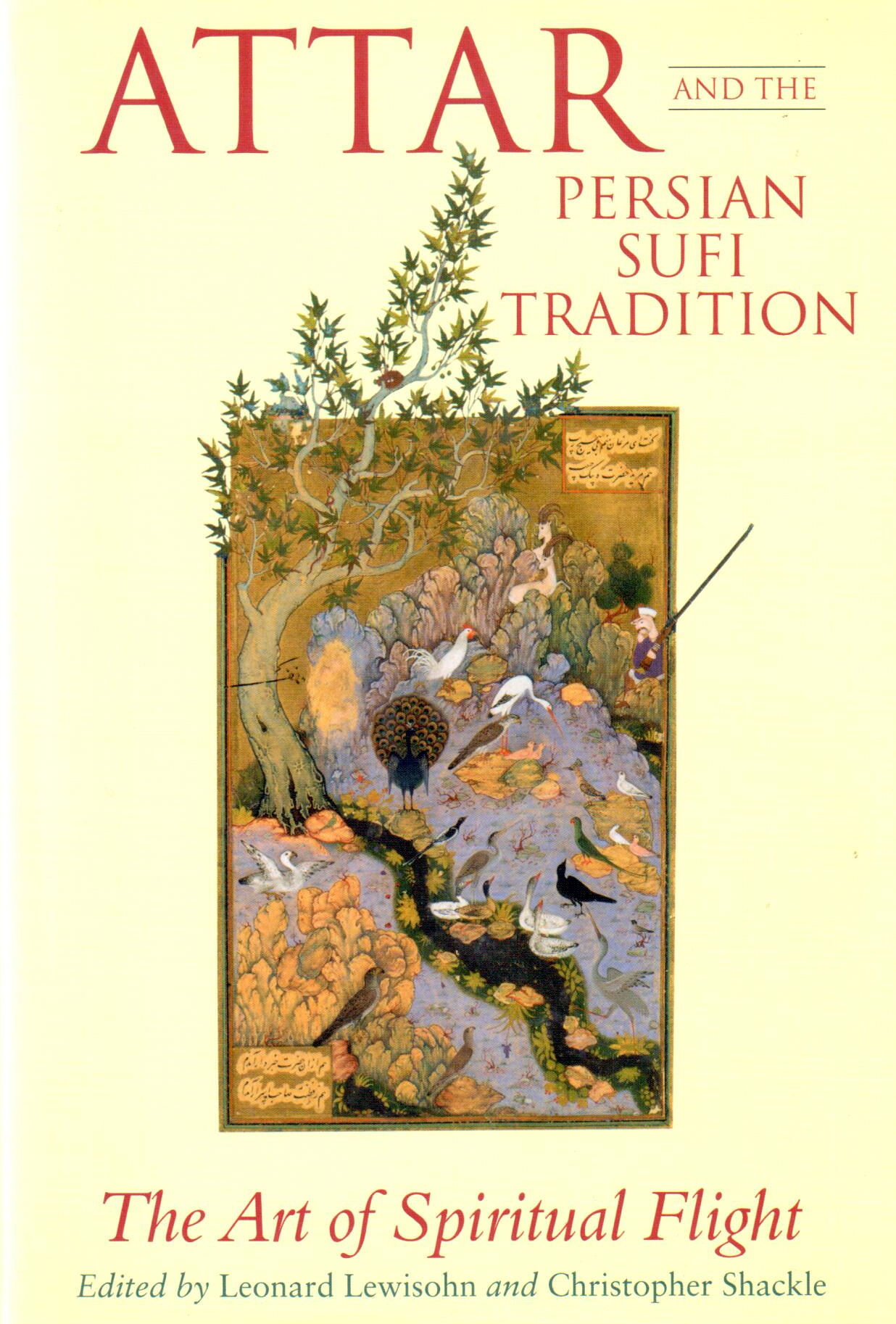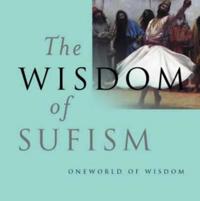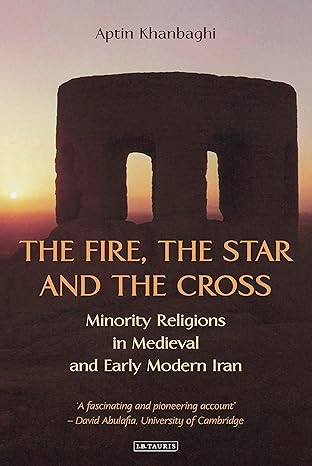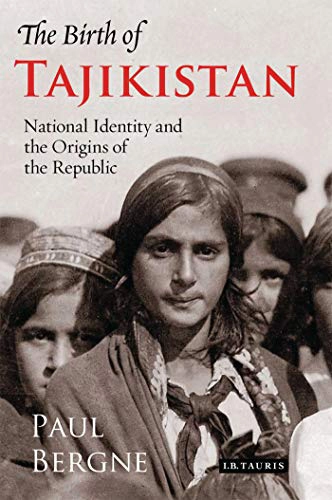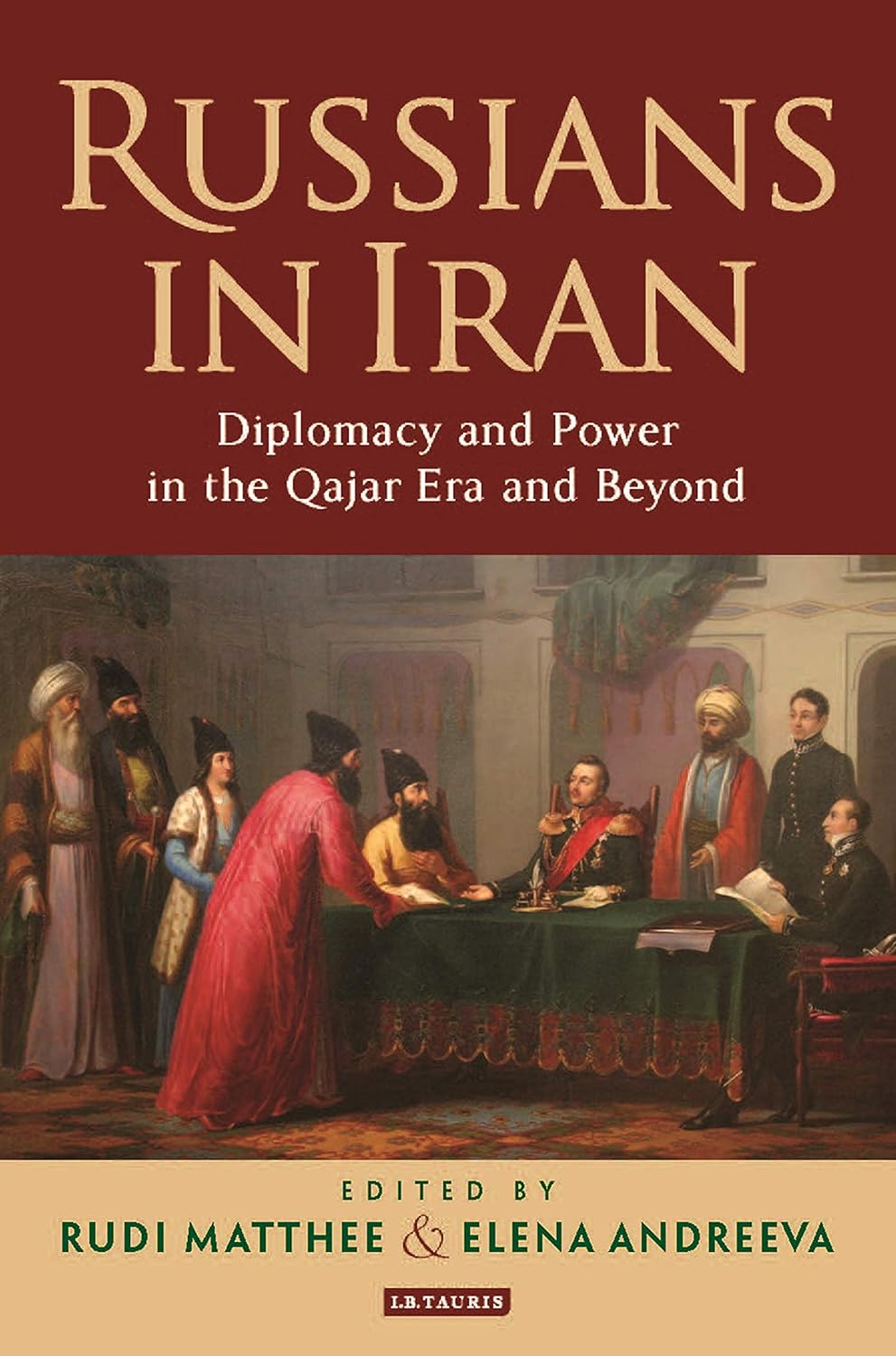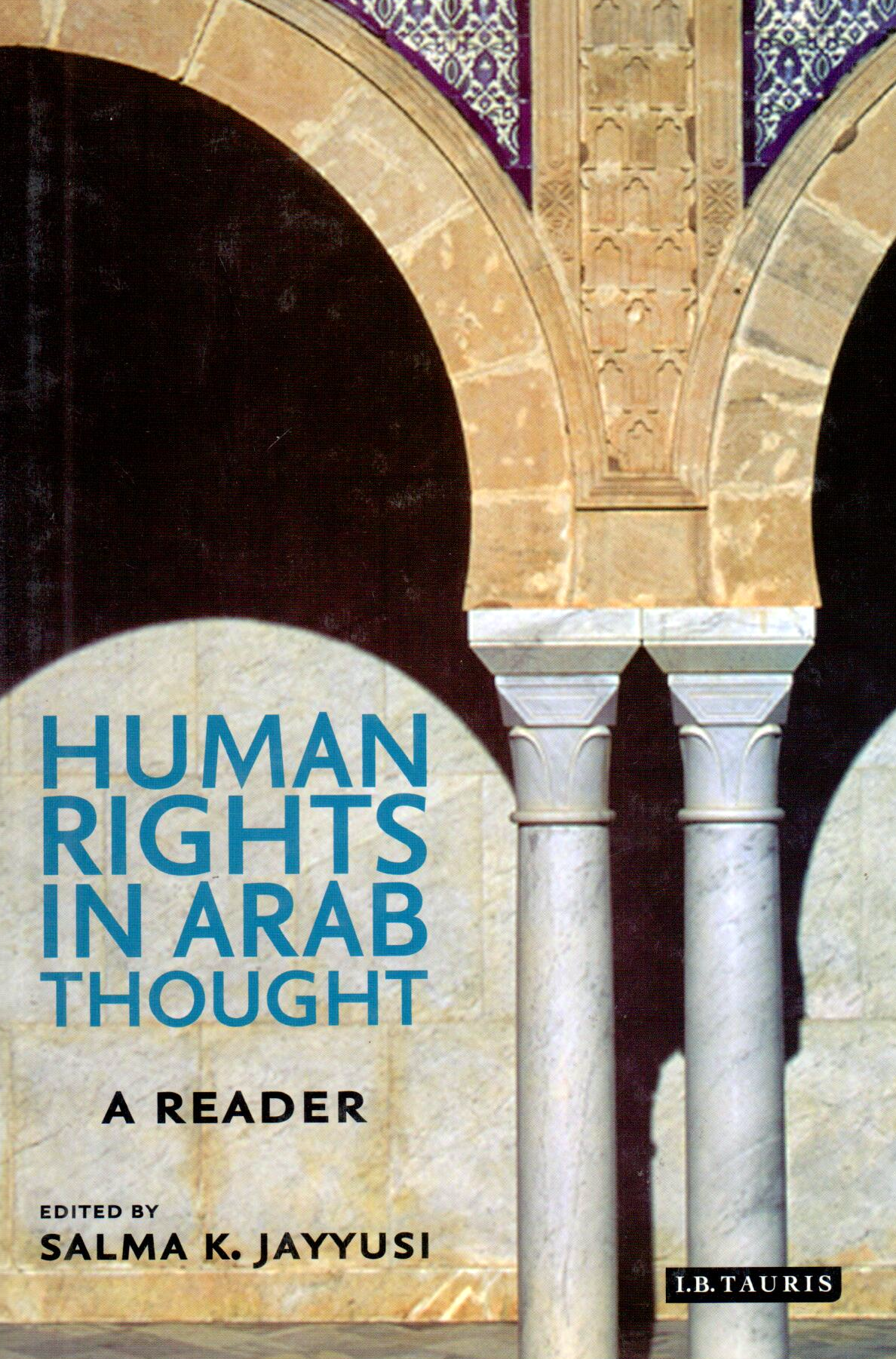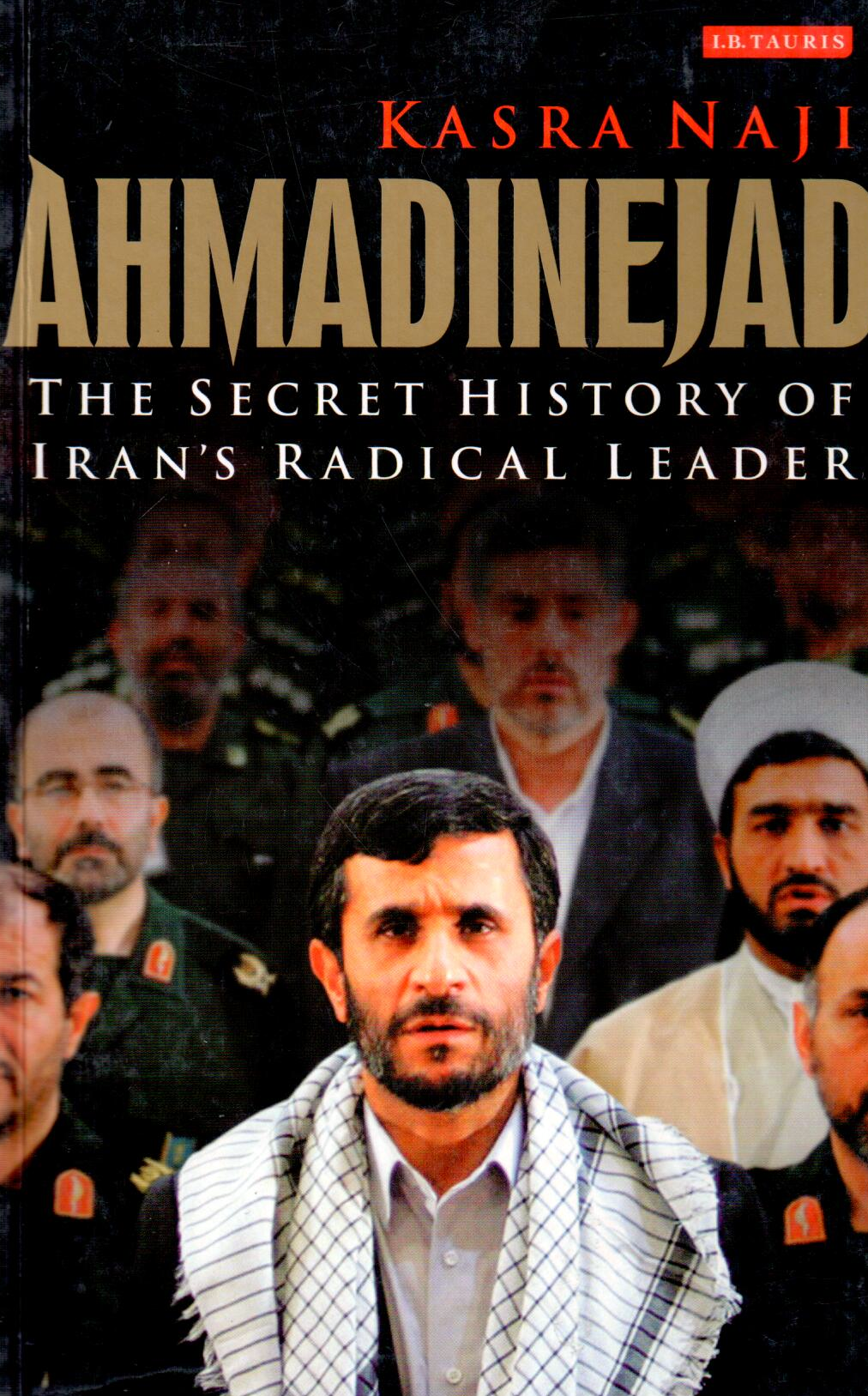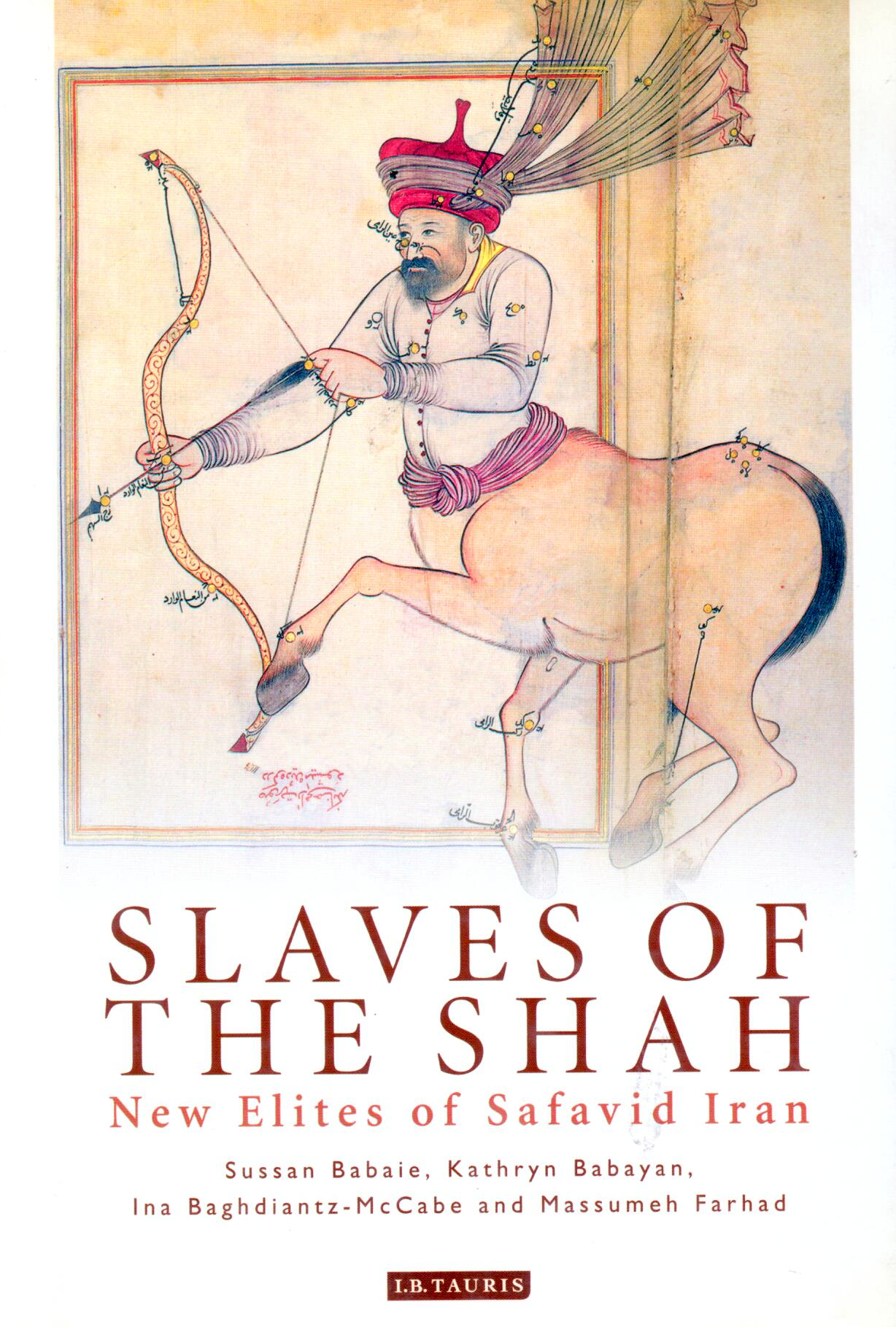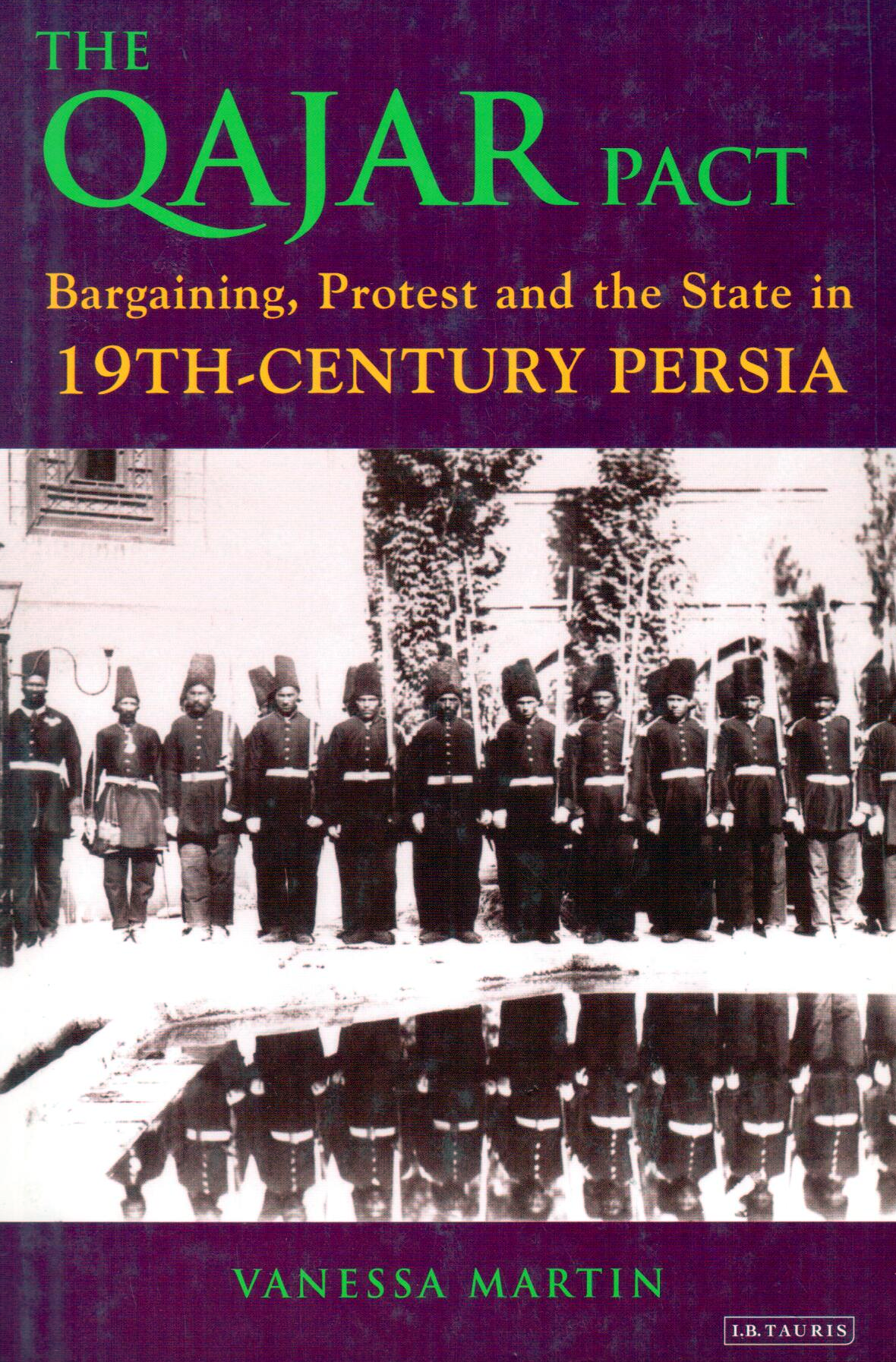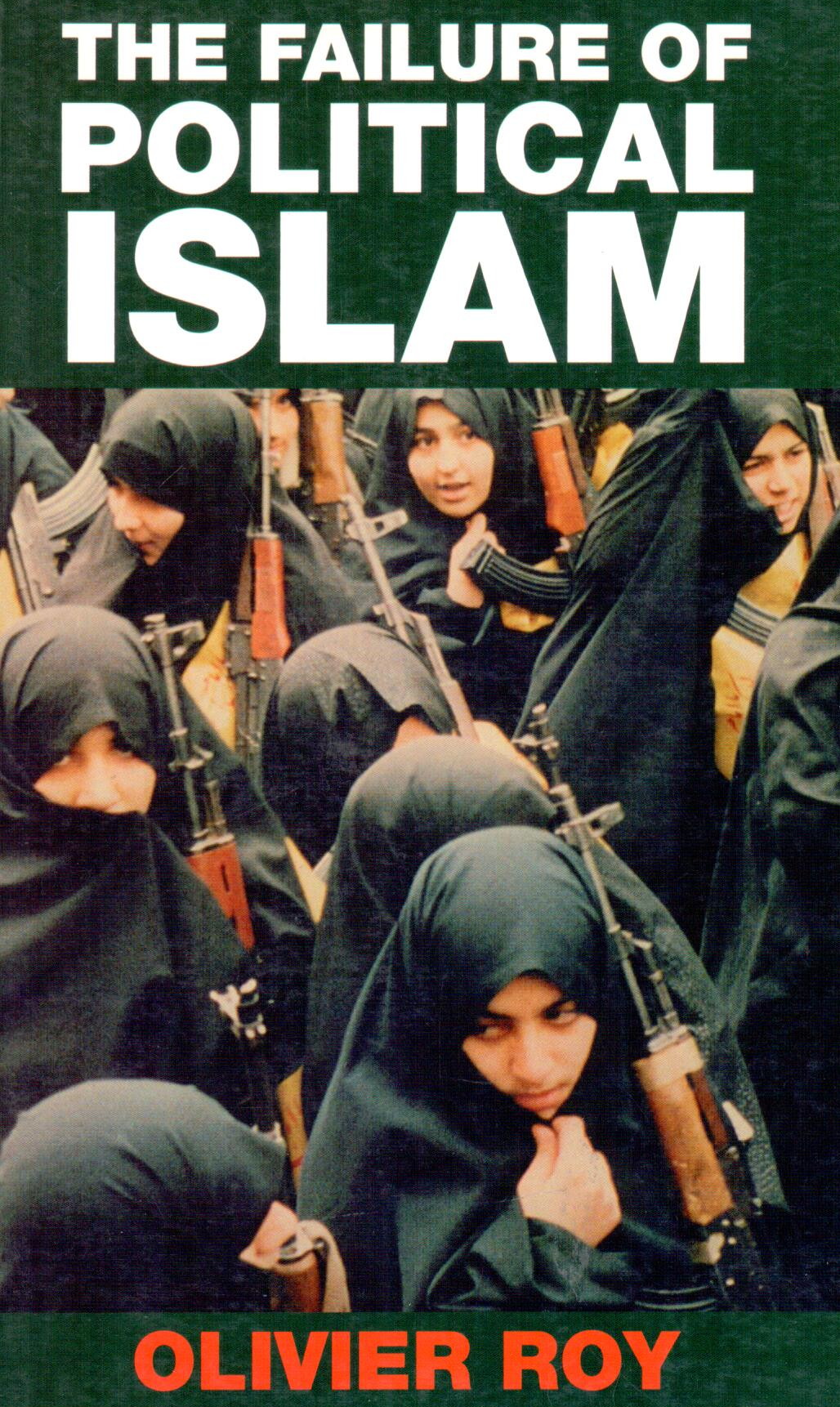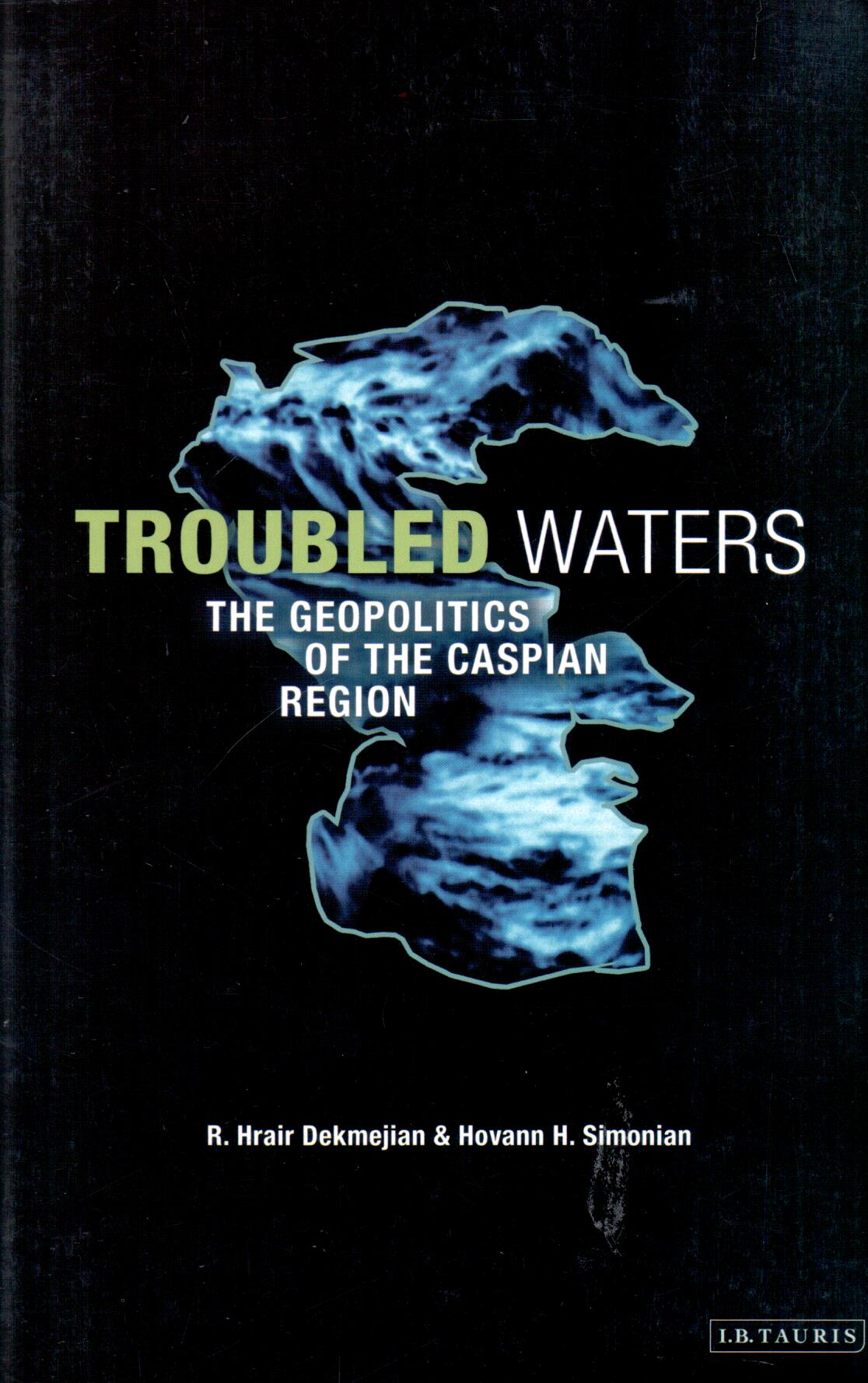Attar and the persian sufi tradition (The Art of Spiritual Flight): English 2006
Attar and the persian sufi tradition (The Art of Spiritual Flight
41.97 $
Share
Wishlist
ISBN:
9781845111489
Publisher:
I.B. Tauris
Number of Volumes:
10
Age Group:
Adult
Pages:
355
Weight:
815 g
Dimensions:
17 x 24 x 2.48 cm
Book Cover:
Hard Cover
Farid al-Din 'Attar (d. 1221) was the principal Muslim religious poet of the second half of the twelfth century. Best known for his masterpiece Mantiq al-tayr, or The Conference of Birds, his verse is still considered to be the finest example of Sufi love poetry in the Persian language after that of Rumi. This volume is the most comprehensive survey of 'Attar's literary works to date, and situates his poetry and prose within the wider context of the Persian Sufi tradition. Sixteen scholars from North America, Europe and Iran illustrate, from a variety of critical perspectives, the full range of 'Attar's monumental achievement. They show why and how 'Attar's poetical work, as well as his mystical doctrines, wielded such influence over the whole of Persian Sufism. They also shed light on why the epics and lyrics which declare his radical theology of love are still known by heart and sung by minstrels throughout Iran, Afghanistan, Tajikistan, and wherever Persian is spoken or understood.
more
Farid al-Din 'Attar (d. ١٢٢١) was the principal Muslim religious poet of the second half of the twelfth century. Best known for his masterpiece Mantiq al-tayr, or The Conference of Birds, his verse is still considered to be the finest example of Sufi love poetry in the Persian language after that of Rumi. This volume is the most comprehensive survey of 'Attar's literary works to date, and situates his poetry and prose within the wider context of the Persian Sufi tradition. Sixteen scholars from North America, Europe and Iran illustrate, from a variety of critical perspectives, the full range of 'Attar's monumental achievement. They show why and how 'Attar's poetical work, as well as his mystical doctrines, wielded such influence over the whole of Persian Sufism. They also shed light on why the epics and lyrics which declare his radical theology of love are still known by heart and sung by minstrels throughout Iran, Afghanistan, Tajikistan, and wherever Persian is spoken or understood.
more

